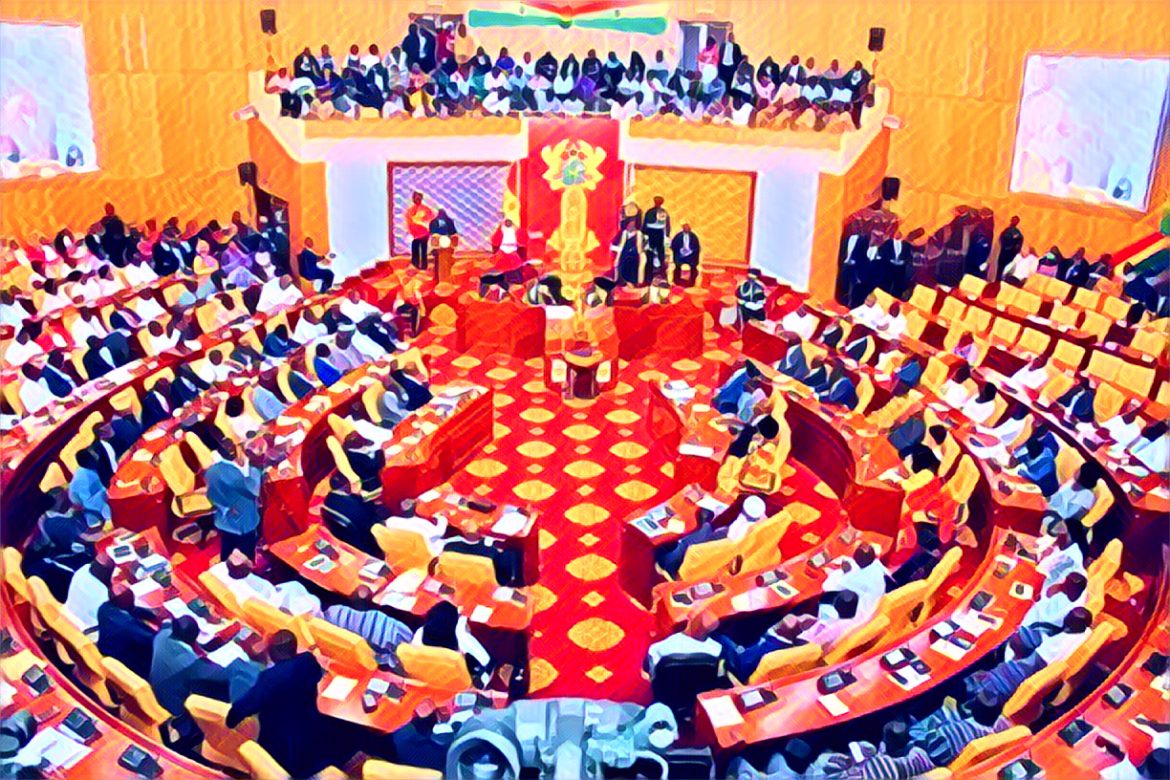On a typical Wednesday morning, the Electricity Company of Ghana (ECG) took an unprecedented step towards addressing its escalating debt issues. Officials from the ECG were seen on the premises of Ghana’s Parliament on February 22, 2024, with a clear mission: to disconnect the legislative body from the national power grid due to an outstanding debt of GH₵23 million. This move is part of the company’s determined revenue mobilization drive that has been in full swing for the past year.
The sight of ECG officials around the Parliament’s key power transformers signaled the seriousness of the situation. Without any last-minute resolution, Ghana’s lawmakers faced the real possibility of conducting their day’s business in darkness, highlighting the gravity of the electricity company’s financial predicaments. This drastic measure comes in the wake of a similar action taken against the Accra Academy Senior High School, which was left without electricity after failing to settle arrears amounting to GHS480,000. The ECG’s stance has been clear: Pay at least 50% of the outstanding debts or remain disconnected from the power supply.
“The continuous cycle of accruing debt places ECG in a precarious position. Our monthly financial obligations vary, and to meet these, we’ve had to adopt a more assertive stance in our collections. Unfortunately, this means we have to be less lenient with overdue payments,” remarked an ECG spokesperson during an interview on the Super Morning Show on February 20. The move to potentially disconnect one of the country’s highest organs of governance underscores the depth of the electricity provider’s challenges. With debts piling up and operational costs to cover, the ECG finds itself in a tight corner, necessitating tough decisions to ensure financial stability.
This scenario raises important questions about the management of public utilities and the responsibilities of governmental and educational institutions in meeting their financial commitments. As the ECG continues its aggressive drive to recover owed monies, it sends a strong message about the importance of fiscal responsibility and the consequences of neglecting payment obligations. The unfolding events at the Parliament building in Ghana are more than just a potential power outage; they are a vivid illustration of the broader challenges faced by utility companies in managing debts and ensuring sustainable operations. As the story develops, the nation waits to see the resolution and the lessons learned from this unprecedented standoff between the Electricity Company of Ghana and one of its most prominent clients.





1 comment
Your point of view caught my eye and was very interesting. Thanks. I have a question for you.